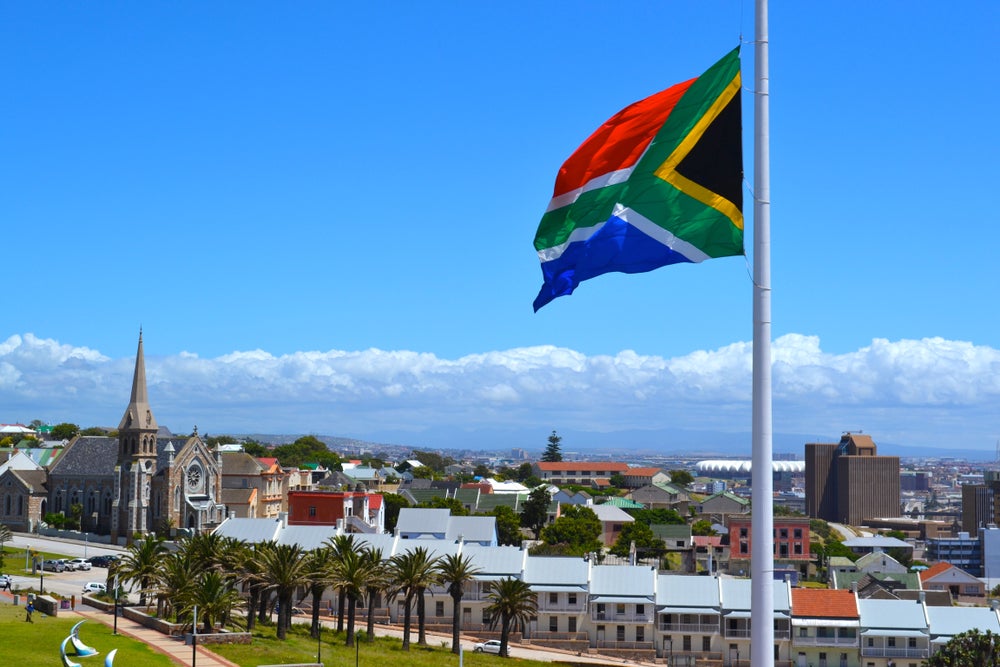
Cape Town in South Africa has welcomed the first-ever in-person meeting of the Plastics Pacts Network.
The inaugural three-day intensive programme is a chance for members to share experiences and knowledge to accelerate critical work reducing the global impact of plastic waste and pollution.
Convened by the Ellen MacArthur Foundation and the Waste and Resources Action Programme (WRAP), representatives from twelve of the thirteen Plastics Pact Network members attended the gathering: Australia (also representing New Zealand and four Pacific islands), Canada, Chile, Colombia, India, Kenya, Mexico, Poland, Portugal, South Africa, the UK and the US.
How does the Plastics Pacts Network operate?
The public/private partnership model or voluntary agreement drives practical action around a comprehensive circular economy approach to plastics that embeds elimination and re-use within measurable targets.
Each of the pacts works independently across the packaging value chain in its own geographic region, bringing together key players to address its own unique situation.
Pact members include major FMCG [fast-moving consumer goods] brands, packaging companies, producers, trade associations, NGOs and governments, with business signatories measured against a series of science-based targets to reduce the impact they have on the environment through their use of plastics.

US Tariffs are shifting - will you react or anticipate?
Don’t let policy changes catch you off guard. Stay proactive with real-time data and expert analysis.
By GlobalDataMore than 800 major businesses are signed up to all thirteen Plastics Pacts with the combined population impacted by their work estimated to be 2.4bn people – 30% of the world’s population.
The network links national and regional initiatives to better implement solutions towards a global circular economy for plastic.
WRAP CEO Harriet Lamb stated: “With plastic in the bloodstreams of animals and fish, we need to ramp up action on plastics across the world through regulation and voluntary action. We welcome the Global Plastics Treaty negotiations underway and call for an ambitious treaty.”
The UN Global Plastics Treaty
The voluntary agreement of the Plastics Pacts Network has been adopted by many nations ahead of the United Nations Global Treaty to end plastic pollution, the deadline for which is 2024.
The meeting in Cape Town will also begin preparations for the first global report across the entire pact network, which will present the impact achieved by all thirteen Plastics Pacts. This will be published in preparation for the next round of INC-4 (Intergovernmental Negotiating Committee) discussions for the Global Plastics Treaty framework, taking place in Ottawa, Canada, in April 2024.
At INC-3, held in Nairobi, Kenya, in November 2023, world leaders were accused of showing “zero ambition” by not setting out legally binding targets and timeframes on plastic production and reduction.



